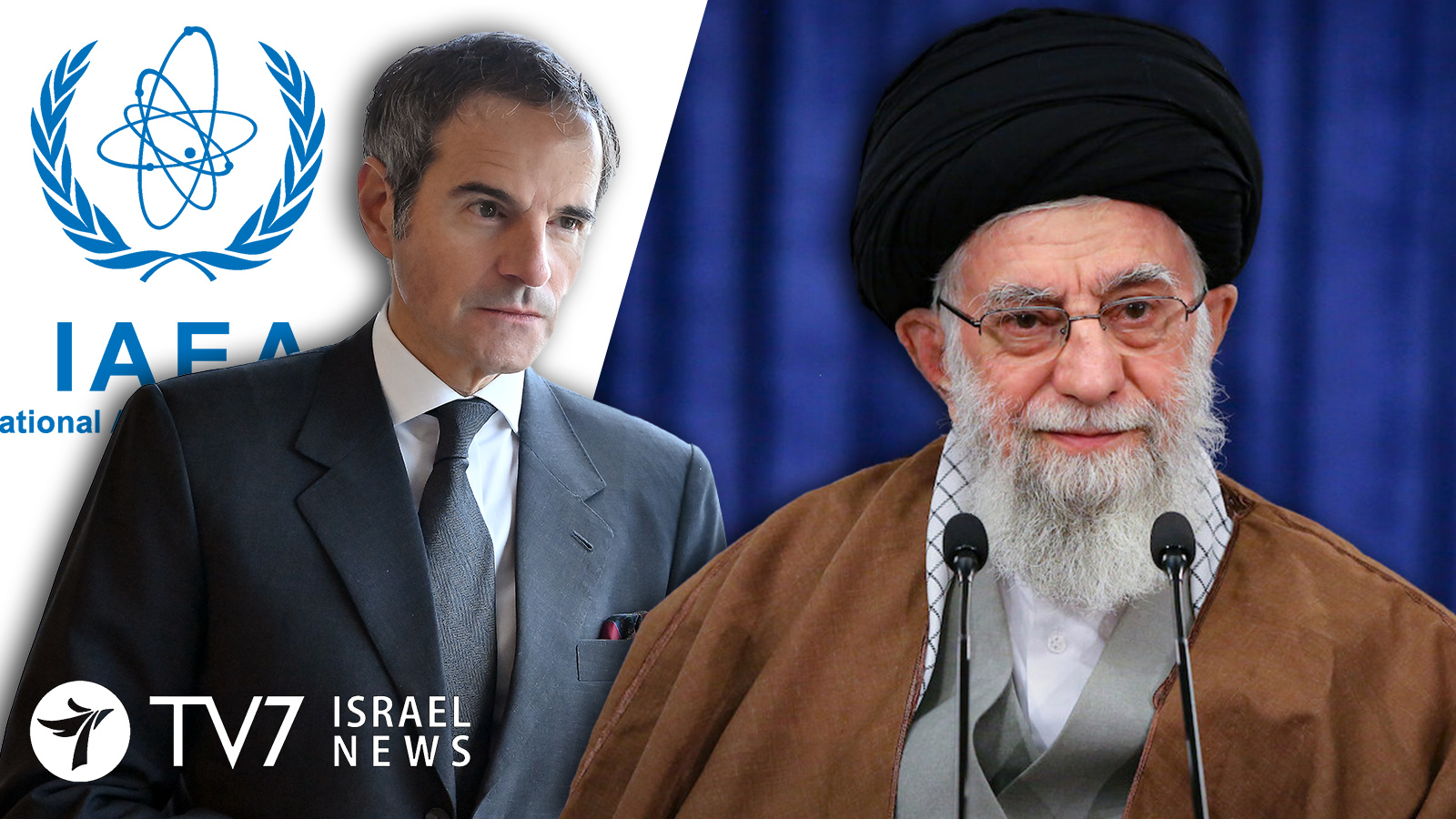Iranian President Ebrahim Raisi is warning the West not to censure the Islamic Republic at the International Atomic Energy Agency (IAEA) after its latest reports criticized his country – as United States Secretary of State Antony Blinken cautioned Tehran that time is running out to revive a nuclear deal with world powers.
By Erin Viner
The IAEA reported to its member states on Tuesday that Iran is still refusing to explain uranium traces found at several old, undeclared sites, two of which were revealed after Israel’s Mossad intelligence agency clandestinely retrieved documents from an Iranian nuclear archive hidden in the heart of Tehran.
The report also lamented Iran’s rejection of an urgent IAEA request to access technical monitoring equipment installed at Iranian nuclear installations that effectively serve as the only oversight mechanism of its atomic activities. Inability to review the equipment since 25 May means the United Nations nuclear watchdog agency has essentially been ‘flying blind’ while the international community has been forced to exclusively rely on the credibility of Tehran’s public statements in all that relates to its nuclear progress.
The IAEA asserted that its “confidence” with regard to its ability to maintain continuity of knowledge ‘has now significantly declined,’ and warned further that “this confidence will continue to decline unless the situation is immediately rectified by Iran.”
The Islamic Republic began to openly violate its 2015 Joint Comprehensive Plan of Action (JCPOA) nuclear accord with world powers after then-US President Donald Trump pulled Washington out of the deal 3 years later, and re-imposed harsh sanctions on the country.
Indirect talks in Vienna between current President Joe Biden’s administration and Iran on how both sides could resume compliance with the deal have not been conducted since the anti-Western hardline Raisi took office on 5 August.
The harsh IAEA report on Iran now compels a necessary decision by the US and its European allies over whether they should push for a resolution at next week’s meeting of the 35-nation IAEA Board of Governors pressuring Iran to yield. But any such action would risk delaying the resumption of talks on the deal harder, since Tehran usually bristles at such moves.
This was borne out by Iranian President Raisi, who threatened that, “In the event of a counterproductive approach at the IAEA, it would not make sense to expect Iran to react constructively. Counterproductive measures are naturally disruptive to the negotiation path also.”
According to Iranian state media, Raisi made the statements during his first phone call with European Council President Charles Michel, during which he further asserted that “the continuation and stability of (Iran’s) bilateral relations with the European Union and each of the member states depends on the principle of mutual respect, focus on commonalities and prevent the influence of external factors on these relations,” in overt reference to the US.
Michel stated that “the EU will continue working with all participants and the US to ensure full implementation of the [JCPOA] agreement” and urged the Iranian President to “seize this diplomatic window of opportunity for greater regional security.”
France and Germany have also called on Iran to return to the talks as soon as possible, but Raisi maintains that while Tehran is prepared that it will not do so under Western “pressure.”
Western states have long argued that the longer Iran violates the deal and produces banned nuclear material, the harder it becomes to restore the JCPOA.
Raisi is under US sanctions over involvement in what Washington and human rights groups say was the extrajudicial killing of thousands of political prisoners in 1988. Israeli Prime Minister Naftali Bennett warned soon after Raisi’s election that the Iranian government under his leadership would be a “regime of brutal hangmen” with which world powers should not negotiate a new nuclear accord.
US Secretary of State Blinken also reiterated time for Iran to return to the nuclear accord is running short.
“I’m not going to put a date on it but we are getting closer to the point at which a strict return to compliance with the JCPOA does not reproduce the benefits that agreement achieved,” he said amid a visit to Germany.
“We find ourselves at a moment of discussing with all our partners in the agreement how to react to this,” German Foreign Minister Heiko Maas said alongside Blinken.
Senior diplomats from France, Britain and Germany will meet in Paris tomorrow with the US Envoy on Iran to discuss the matter.
